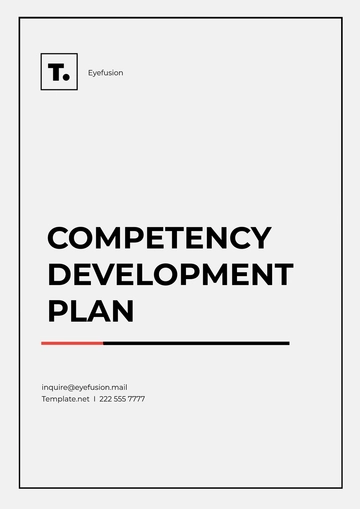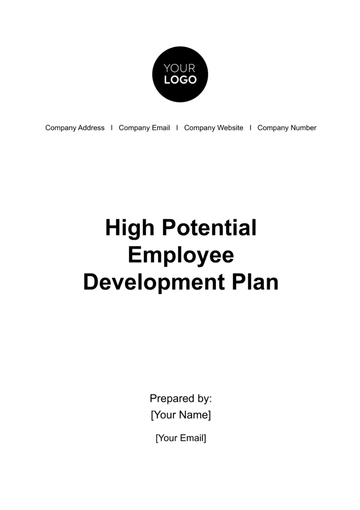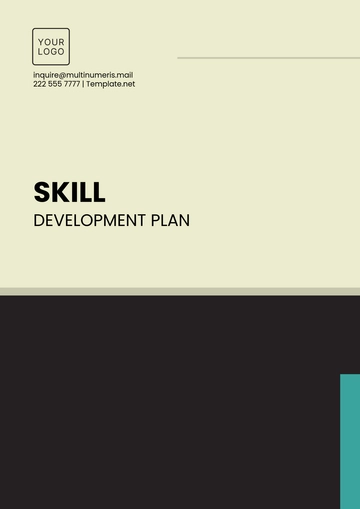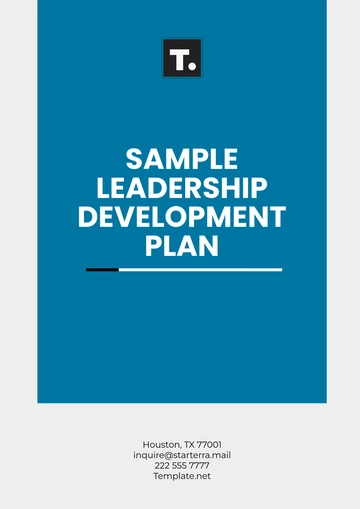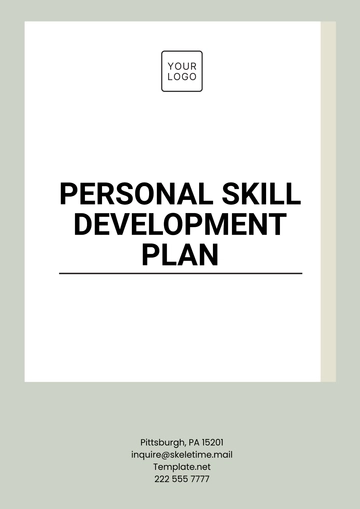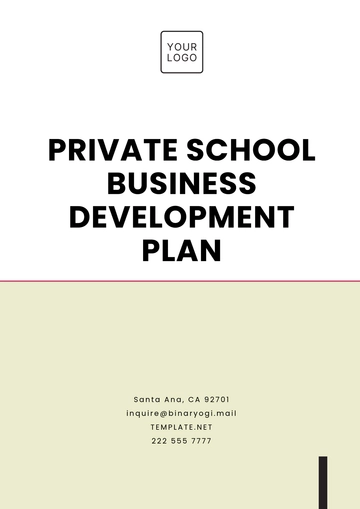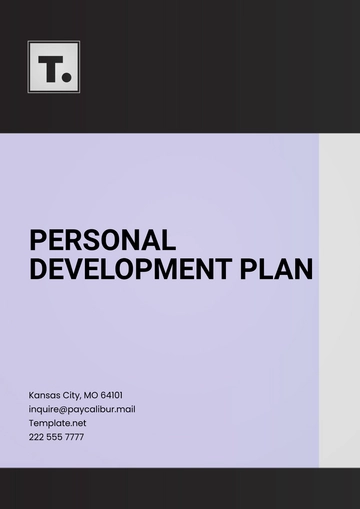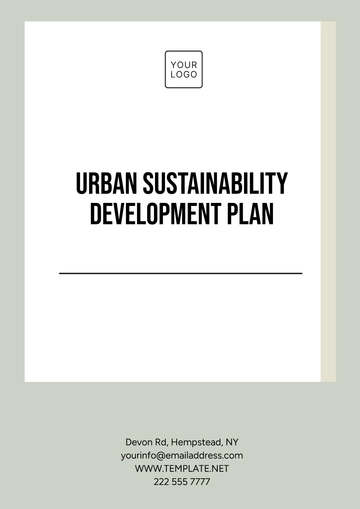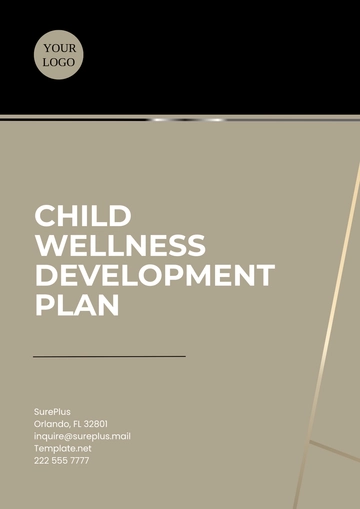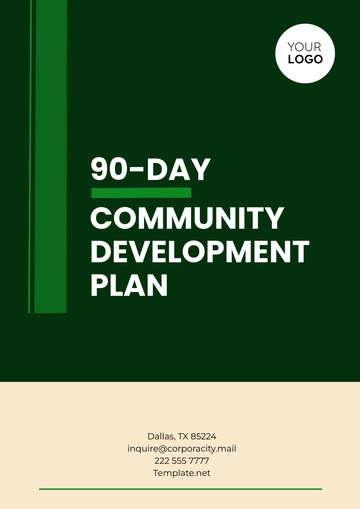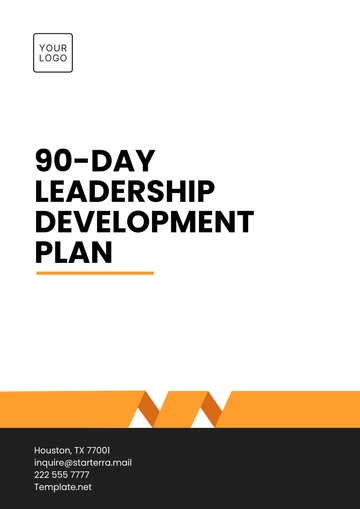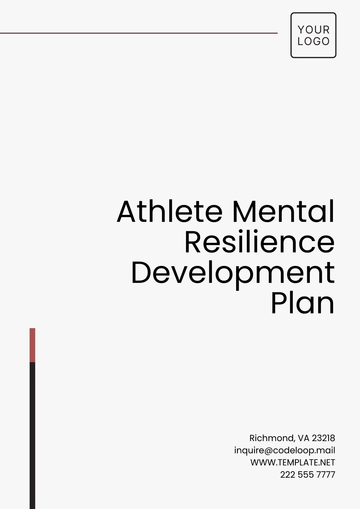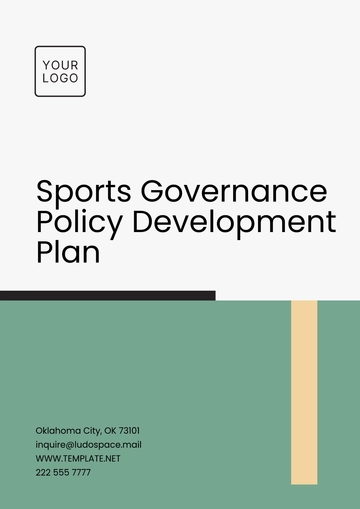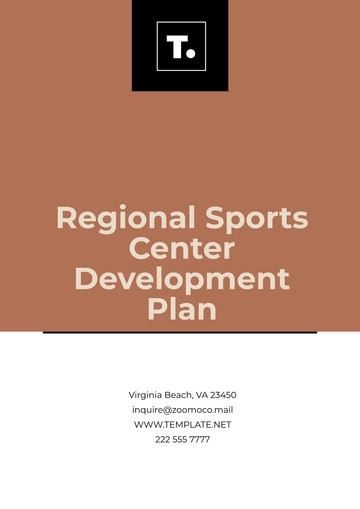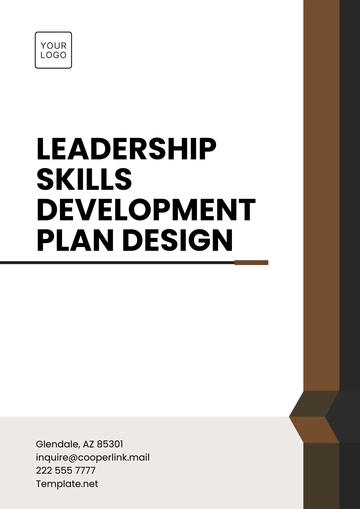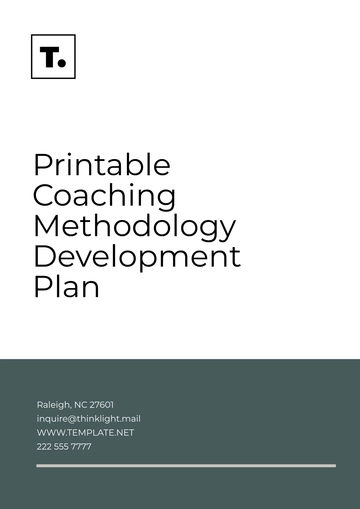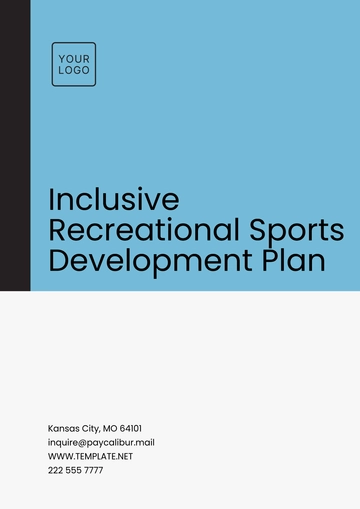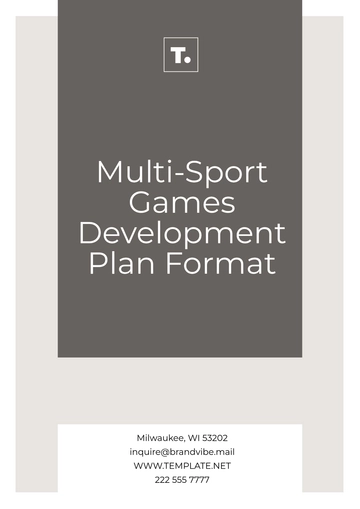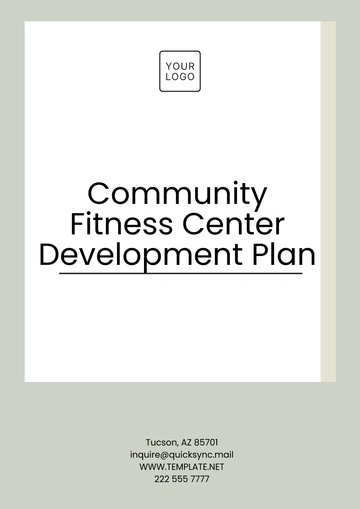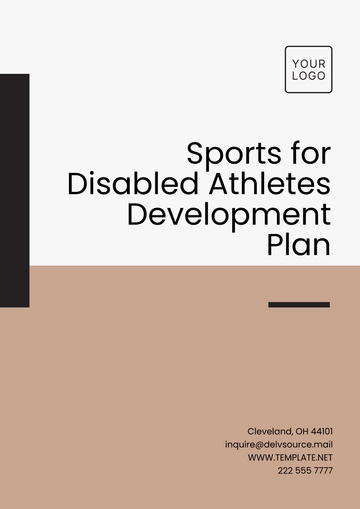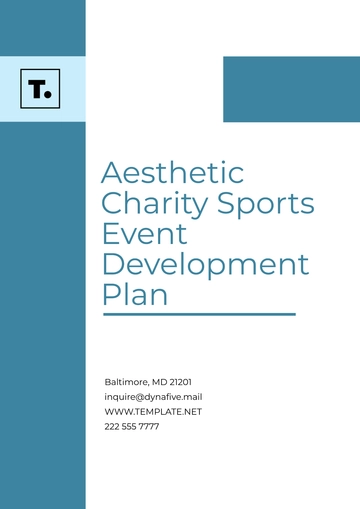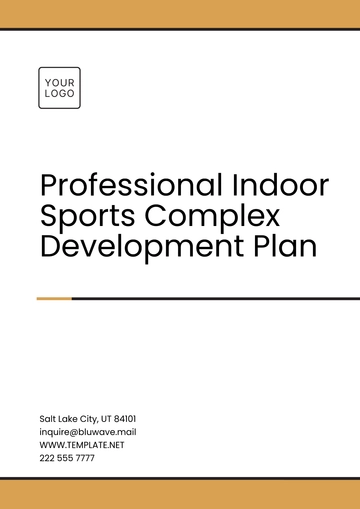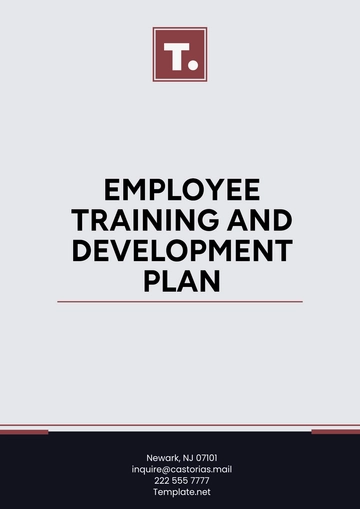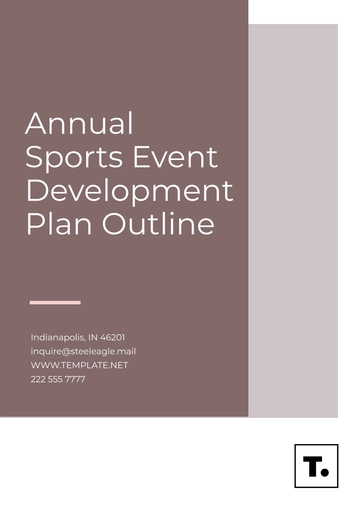Free Nursing Home Staff Development Plan For Nurses
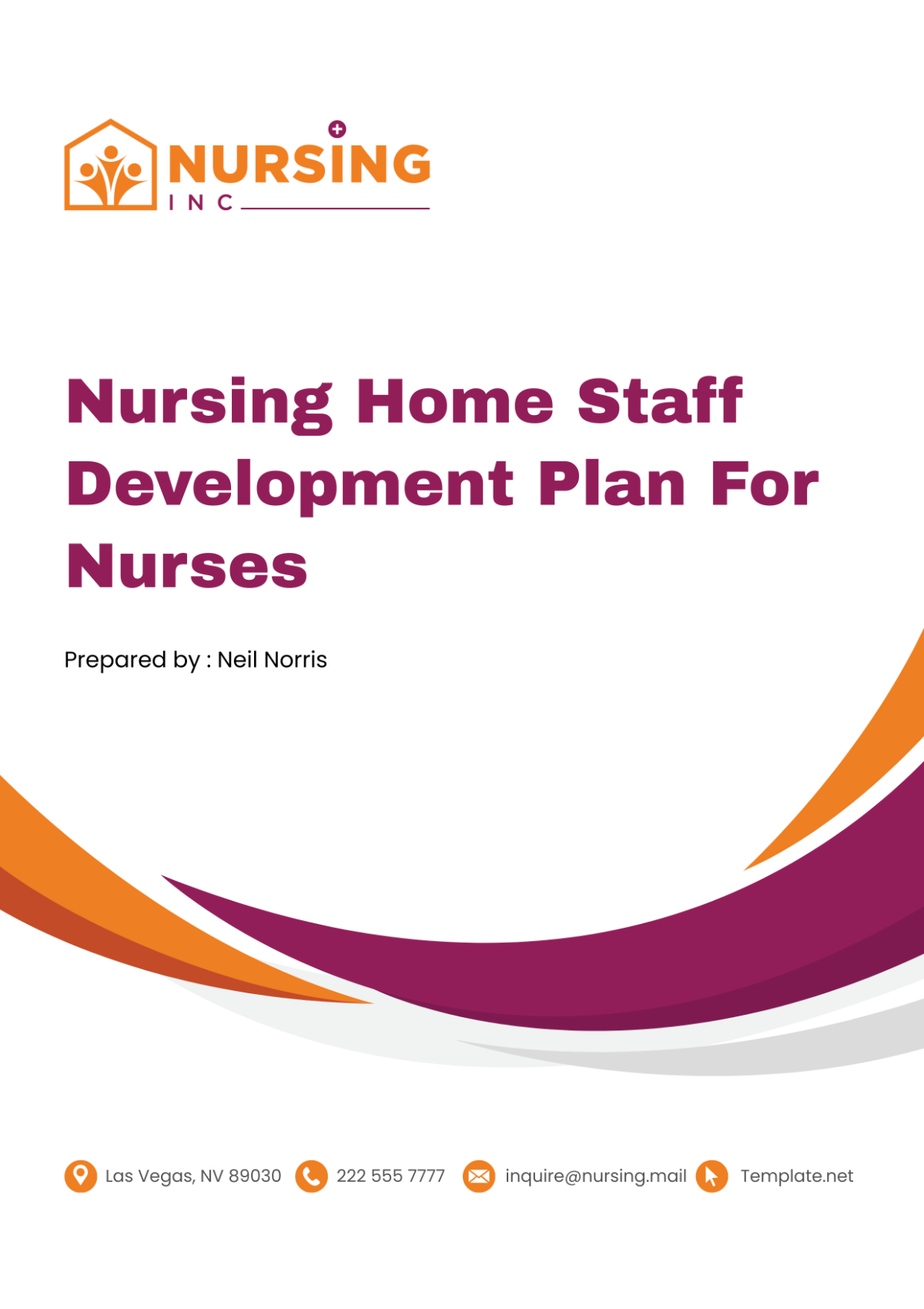
I. Introduction
A. Purpose of the Staff Development Plan
Our Nursing Home Staff Development Plan serves as a guiding framework to support the professional growth and development of our nursing staff. By investing in continuous education and training, we aim to empower our nurses with the knowledge, skills, and confidence necessary to deliver exceptional care to our residents. This plan underscores our commitment to fostering a culture of learning and excellence within our facility, ultimately enhancing the quality of life for those we serve.
B. Importance of Continuous Learning in Nursing Home Care
In the dynamic and complex landscape of nursing home care, ongoing learning is essential to stay abreast of advancements in healthcare practices, regulatory requirements, and evolving resident needs. Our staff development plan recognizes that the pursuit of knowledge is integral to providing safe, effective, and person-centered care. Through continuous learning, our nursing staff can adapt to changes, enhance their critical thinking abilities, and cultivate a deeper understanding of the unique challenges and opportunities present in geriatric nursing.
II. Assessment of Training Needs
A. Conducting a Training Needs Assessment
Every year, our facility undertakes an in-depth assessment of our training needs to pinpoint sectors where our nursing personnel may be in need of extra support or development opportunities. This evaluative process entails collecting valuable input from our staff members, a thorough examination of their performance evaluations, as well as a comprehensive analysis of trends within resident care outcomes.
A methodical approach to assessing our training needs enables us to customize our educational programs in order to target and address any specific shortfalls and priorities within our nursing staff. This way, we ensure that our team is equipped with the right skills and knowledge to provide the best possible care to our residents.
B. Identifying Learning Needs and Gaps
Through the training needs assessment process, we identify learning needs and gaps in knowledge or skills among our nursing staff. These needs may encompass a wide range of areas, including clinical competencies, communication skills, regulatory compliance, and specialized care techniques. By pinpointing these areas for improvement, we can design targeted training interventions that empower our nurses to excel in their roles and deliver high-quality care to our residents.
III. Curriculum Development
A. Development of a Comprehensive Curriculum
Our curriculum development process involves designing a comprehensive educational framework that encompasses the diverse needs and priorities of our nursing staff. We collaborate with subject matter experts, regulatory agencies, and professional organizations to ensure that our curriculum aligns with best practices and evidence-based guidelines in nursing home care. This comprehensive approach enables us to offer a robust selection of educational opportunities that cater to the varying skill levels and interests of our nursing team.
B. Selection of Topics Relevant to Nursing Home Care
In developing our curriculum, we prioritize topics that are directly relevant to the unique challenges and responsibilities faced by nursing home staff. These topics may include geriatric nursing principles, dementia care strategies, infection control protocols, medication management procedures, and person-centered care approaches. By focusing on these core areas, we equip our nurses with the knowledge and tools they need to deliver compassionate, effective, and culturally sensitive care to our diverse resident population.
IV. Training Delivery Methods
A. Selection of Training Delivery Methods
To accommodate the diverse learning preferences and needs of our nursing staff, we employ a variety of training delivery methods. These methods may include traditional classroom-style lectures, interactive workshops, hands-on skills labs, online courses, and simulation-based training exercises. By offering a range of options, we ensure that our educational programs are accessible, engaging, and tailored to the individual learning styles of our staff members.
B. Consideration of Staff Preferences and Learning Styles
We recognize that each member of our nursing team has unique preferences and learning styles that influence how they best absorb and retain information. As such, we strive to incorporate interactive and experiential learning activities into our training programs to cater to different learning modalities. Whether through group discussions, role-playing exercises, case studies, or multimedia presentations, we seek to create dynamic and immersive learning experiences that resonate with our diverse workforce.
V. Training Modules
A. Development of Specific Training Modules
Each topic identified in the curriculum is translated into specific training modules, ensuring that the content is structured, organized, and easy to digest for our nursing staff. These modules are designed to address key learning objectives and competencies, providing a roadmap for achieving mastery in each area of focus. By breaking down complex topics into manageable units, we facilitate the learning process and promote a deeper understanding of the material.
B. Incorporating Interactive Learning Elements
Our training modules incorporate a variety of interactive learning elements to enhance engagement and retention among our nursing staff. These elements may include quizzes, case studies, role-playing exercises, group discussions, and real-life scenarios. By actively involving participants in the learning process, we encourage critical thinking, problem-solving, and collaboration, thereby enriching the overall learning experience.
VI. Continuing Education
A. Opportunities for Continuing Education Credits
We provide numerous opportunities for our nursing staff to earn continuing education credits through accredited programs, workshops, conferences, and online courses. These educational activities cover a wide range of topics relevant to nursing home care, allowing our staff to stay current with the latest advancements and best practices in the field. By participating in continuing education, our nurses demonstrate their commitment to lifelong learning and professional development.
B. Encouragement of Specialized Certifications
In addition to continuing education opportunities, we encourage our nursing staff to pursue specialized certifications in areas such as gerontological nursing, wound care, and infection control. These certifications not only validate their expertise and proficiency in specific areas of nursing practice but also enhance their credibility and career advancement opportunities. By supporting our staff in obtaining certifications, we invest in their professional growth and contribute to the overall quality of care provided in our facility.
VII. Clinical Preceptorship
A. Establishment of a Preceptorship Program
Our facility offers a preceptorship program that pairs experienced nurses with newer or less experienced staff members. Through this program, preceptors serve as mentors and role models, providing guidance, support, and hands-on training to their mentees. By fostering a culture of mentorship and knowledge sharing, we facilitate the transfer of clinical skills, critical thinking abilities, and professional values from experienced nurses to their colleagues, thereby strengthening our nursing team as a whole.
B. Hands-On Training and Mentorship
The preceptorship program emphasizes hands-on training and mentorship, allowing mentees to observe, practice, and refine their clinical skills under the guidance of their preceptors. Through direct patient care experiences, case discussions, and constructive feedback sessions, mentees gain confidence, competence, and a deeper understanding of their role as nursing professionals. By investing in the development of our nursing staff through preceptorship, we ensure that they are well-prepared to meet the challenges and demands of nursing home care.
VIII. Performance Evaluation and Feedback
A. Regular Performance Evaluations
We conduct regular performance evaluations to assess the effectiveness of our staff development initiatives and monitor the progress of our nursing staff. These evaluations provide valuable insights into individual strengths, areas for improvement, and training needs. By establishing clear performance metrics and benchmarks, we ensure accountability and transparency in our evaluation process.
B. Feedback Mechanisms for Staff Development
We value input from our nursing staff and actively solicit feedback on our staff development initiatives. Through surveys, focus groups, and one-on-one discussions, we gather insights into staff experiences, preferences, and suggestions for improvement. This feedback informs our decision-making process and enables us to continuously refine and enhance our training programs to better meet the needs of our nursing team.
C. Recognition of Achievements
We recognize and celebrate the achievements of our nursing staff who demonstrate excellence in their performance and commitment to professional development. Whether through formal awards, public acknowledgment, or professional advancement opportunities, we strive to reward and incentivize ongoing learning and growth. By fostering a culture of recognition and appreciation, we inspire our nursing staff to continue their journey of lifelong learning and improvement.
IX. Resources and Support
A. Access to Educational Resources
Our nursing staff have access to a wide range of educational resources to support their professional development. These resources include textbooks, journals, online databases, and professional organizations specializing in geriatric nursing and long-term care. By providing access to up-to-date and evidence-based information, we empower our nursing staff to stay informed and engaged in their learning journey.
B. Support for Additional Education and Training Opportunities
We offer support for nurses seeking additional education or training opportunities to further their professional growth. This may include tuition assistance, reimbursement for certification exams, and study leave to attend conferences or workshops. By investing in the education and development of our nursing staff, we demonstrate our commitment to their success and advancement within our organization.
C. Professional Organizations and Networking Opportunities
We encourage our nursing staff to actively participate in professional organizations and networking opportunities relevant to their area of practice. These organizations provide valuable resources, networking events, and educational opportunities that can enrich their knowledge and expand their professional network. By connecting with peers and experts in the field, our nursing staff can exchange ideas, share best practices, and stay connected to the broader nursing community.
X. Quality Improvement Initiatives
A. Integration with Quality Improvement Efforts
Our staff development initiatives are closely aligned with our quality improvement efforts to ensure that education and training contribute to positive resident outcomes. We monitor key performance indicators, such as resident satisfaction scores, infection rates, and medication errors, to assess the impact of our training programs on the quality of care delivered. By integrating staff development with quality improvement, we create synergies that drive continuous improvement and excellence in nursing home care.
B. Alignment with Organizational Goals and Regulatory Standards
Our staff development plan is designed to align with our organizational goals and regulatory standards to ensure compliance and accountability. We incorporate relevant regulatory requirements and industry guidelines into our training programs, ensuring that our nursing staff are well-prepared to meet and exceed these standards. By prioritizing alignment with organizational goals and regulatory standards, we demonstrate our commitment to excellence and continuous improvement in nursing home care.
C. Measurement of Training Impact on Resident Care Outcomes
We measure the impact of our training programs on resident care outcomes to assess their effectiveness and identify areas for improvement. Through data collection, analysis, and benchmarking, we evaluate the correlation between staff education and resident outcomes, such as falls, hospital readmissions, and overall quality of life. By quantifying the impact of staff development on resident care outcomes, we demonstrate the value of investing in the education and development of our nursing staff.
XI. Evaluation and Adaptation
A. Regular Evaluation of the Staff Development Plan
We conduct regular evaluations of our staff development plan to assess its effectiveness and identify opportunities for enhancement. These evaluations involve gathering feedback from staff, residents, families, and regulatory agencies to gain insights into the strengths and weaknesses of our training programs. By soliciting input from stakeholders, we ensure that our staff development initiatives are responsive to evolving needs and priorities within our organization.
B. Revision and Adjustment of the Plan as Needed
Based on the findings of our evaluations, we make revisions and adjustments to the staff development plan as needed to address identified areas for improvement. This may involve updating training modules, introducing new educational resources, or modifying delivery methods to better meet the needs of our nursing staff. By embracing a culture of continuous improvement, we remain agile and adaptable in our approach to staff development, ensuring that our nursing staff are equipped with the knowledge and skills needed to provide exceptional care to our residents.
XII. Conclusion
In conclusion, our Nursing Home Staff Development Plan embodies our commitment to nurturing a skilled, knowledgeable, and compassionate nursing team dedicated to providing exemplary care to our residents. By prioritizing continuous learning, performance evaluation, and quality improvement, we strive to empower our nursing staff with the tools and resources they need to excel in their roles and make a positive impact on resident outcomes. Through ongoing evaluation and adaptation, we remain steadfast in our pursuit of excellence and innovation in nursing home care.
- 100% Customizable, free editor
- Access 1 Million+ Templates, photo’s & graphics
- Download or share as a template
- Click and replace photos, graphics, text, backgrounds
- Resize, crop, AI write & more
- Access advanced editor
Discover the ultimate solution for elevating nursing care with the Nursing Home Staff Development Plan For Nurses Template from Template.net. This meticulously crafted template offers an editable and customizable framework, ensuring seamless adaptation to your facility's unique needs. With the innovative AI Editor Tool, effortlessly tailor the plan to optimize staff training, development, and resident care outcomes.
